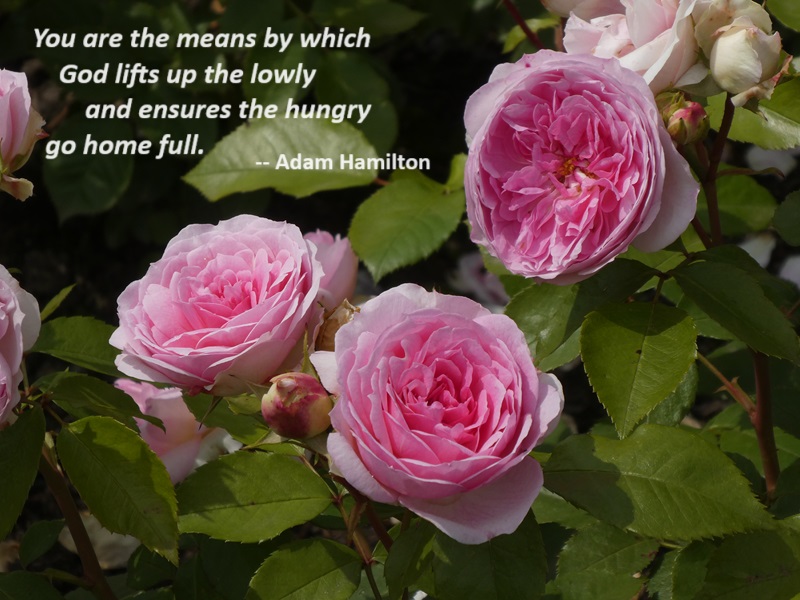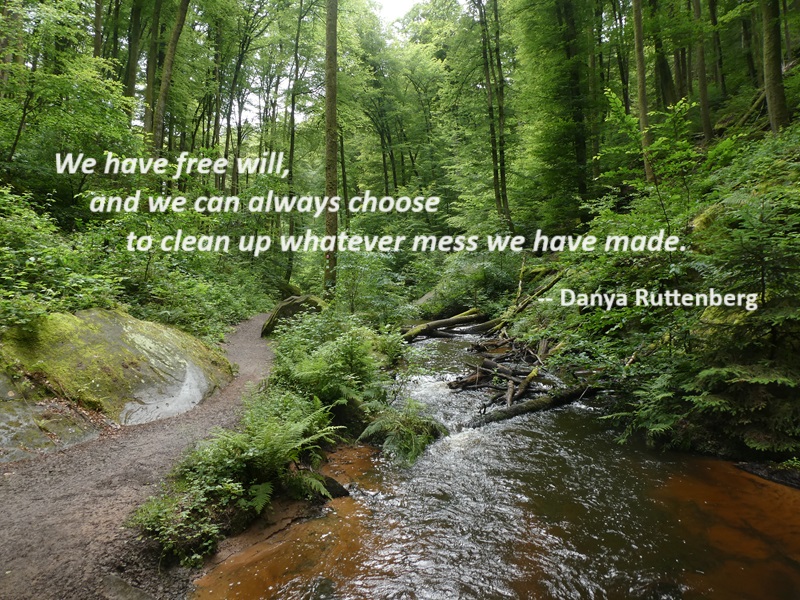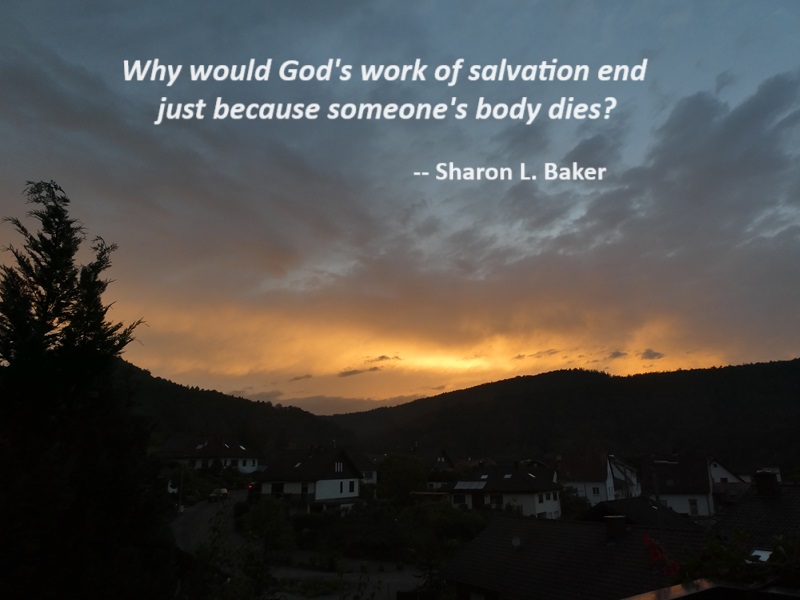
If Jesus did not intend for us to take this command completely literally, then how are we to take it? I think he’s saying, You don’t need most of what you want or already have. Simplify. Stop being driven by the acquisition of more. It is a false god. Your life does not consist in the abundance of your possessions. You cannot serve both God and money, so choose God instead of money. To whom much is given, much more is expected. God expects you to be generous. Give and it will be given to you, pressed down, shaken together, and running over — the blessings of God come when you are generous toward others. And, perhaps most important, you are the means by which God lifts up the lowly and ensures the hungry go home full.
— Adam Hamilton, Luke: Jesus and the Outsiders, Outcasts, and Outlaws, p. 86
Photo: Zweibrücken Rosengarten, June 18, 2024


